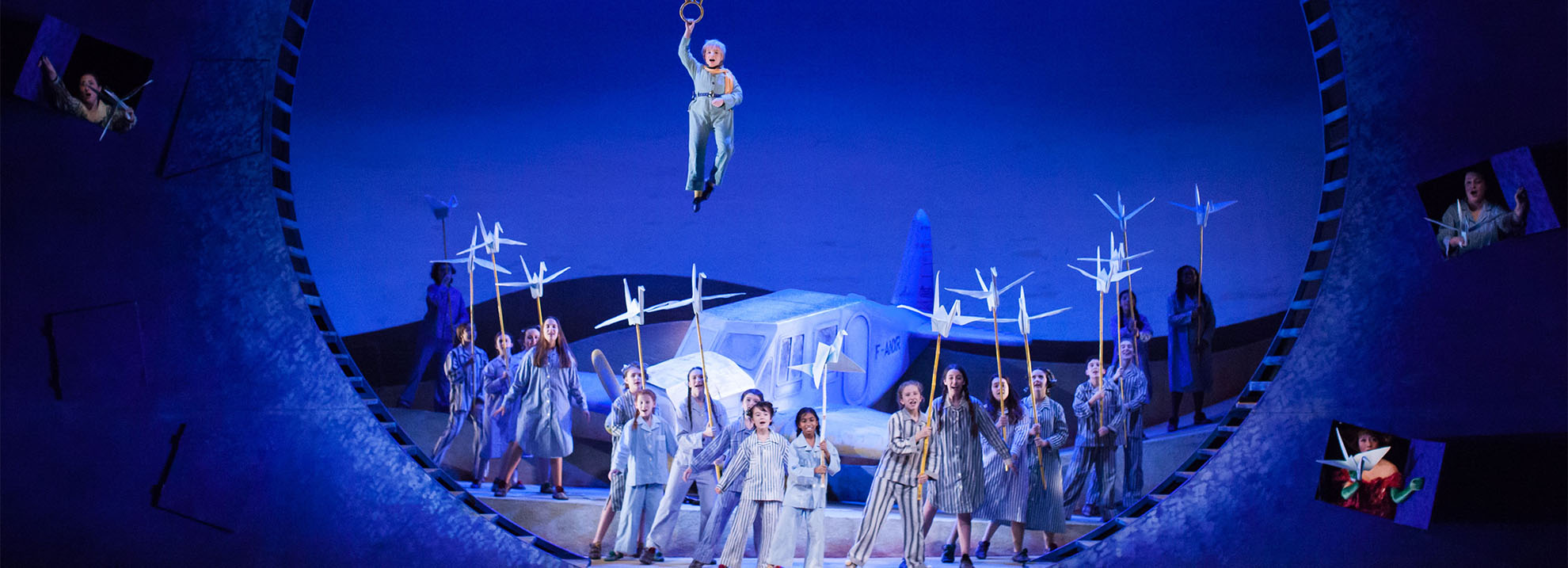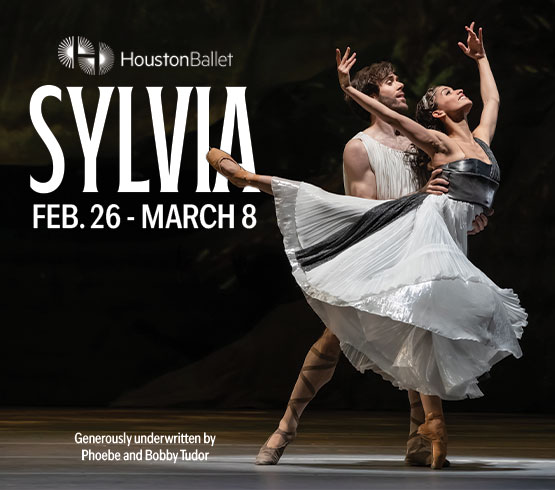It’s barely two days since the end of Dallas Opera’s season, and CEO Ian Derrer looks back with satisfaction. “We had wonderful crowds,” he says, and Gluck’s Orpheus and Euridyce turned out to be a “sleeper hit”: Attendance increased through the run until the last performance sold out.
Francis Poulenc’s The Dialogues of the Carmelites depicts the spiritual crisis that confronts a group of nuns when the denizens of the French Revolution condemn them to death. Rachel Portman’s The Little Prince springs from Antoine de Saint-Exupéry’s classic children’s book, of course, and it will be the first opera with music by a woman on Dallas Opera’s mainstage season.
While Verdi’s Don Carlo won’t be a company first, the drama set amid the Spanish Inquisition—complete with a scene of the condemned being burned at the stake—turns up so rarely that any production is an event. And in the case of Bizet’s ever-popular Carmen, what’s old will be new again: The staging and designs will recreate those of the work’s premiere 150 years ago.
The role of the tormented Sister Blanche will bring back soprano Joyce El-Khoury, who last appeared in Dallas as Leila in Bizet’s The Pearl Fishers. She was “radiant” then, Derrer says, but El-Khoury will bring more than a beautiful voice to “this role of great innocence” in Dialogues: “She’s such a sincere actress, too. Pulling together all the different angles to reveal the complexities of Blanche is a hard casting decision. … But I’m so excited about Joyce.”
The large cast will also include veteran soprano Patricia Racette as the Old Prioress, the convent’s spiritual leader—a role Racette played when Houston Grand Opera staged Dialogues in 2022. Dallas’ production, by director Olivier Py and designer Pierre-André Weitz, will be a “visual delight,” Derrer says. He adds that the prioress’ final scene is especially gripping: The set creates the illusion that the audience is looking down on her bed as, beset by the collapse of her faith, she suffers her death throes.
The company’s presentation of The Little Prince (Feb. 6-14, 2026) will introduce Dallas audiences to a work that Houston Grand Opera gave its world premiere in 2003. “For those who are familiar with the story, it’s very true to the story,” Derrer says. After an aviator crash-lands in the Sahara Desert, he meets a young prince from another planet, who is searching for “a way to save his own planet and everything he loves and cherishes.”
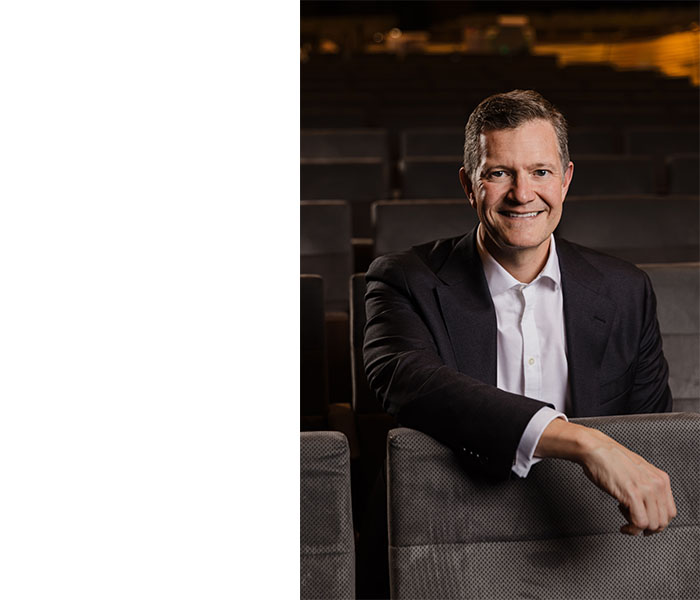
1 ⁄4
Dallas Opera General Director and CEO Ian Derrer. Photo by Kyle Flubacker.
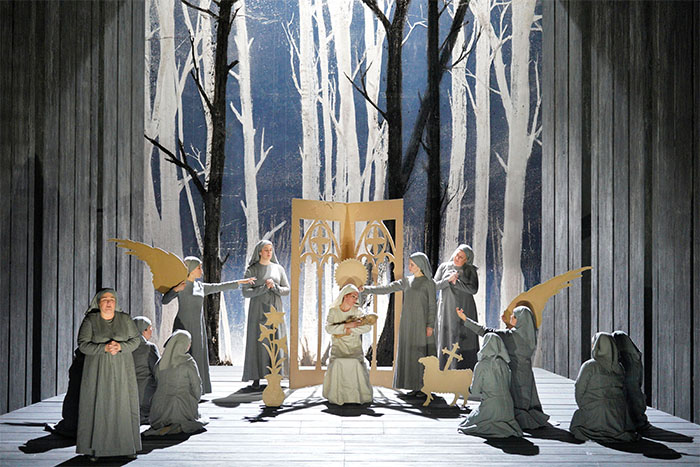
2⁄4
The cast of the San Francisco Opera production of Dialogues of the Carmelites. Photo by Cory Weaver.
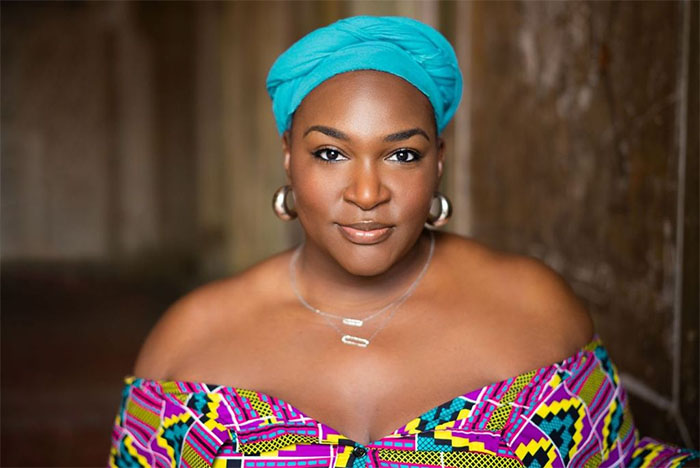
3 ⁄4
Lidoine Leah Hawkins sings the role of the Prioress in Dialogues of the Carmelites. Photo by Daniel Welch.
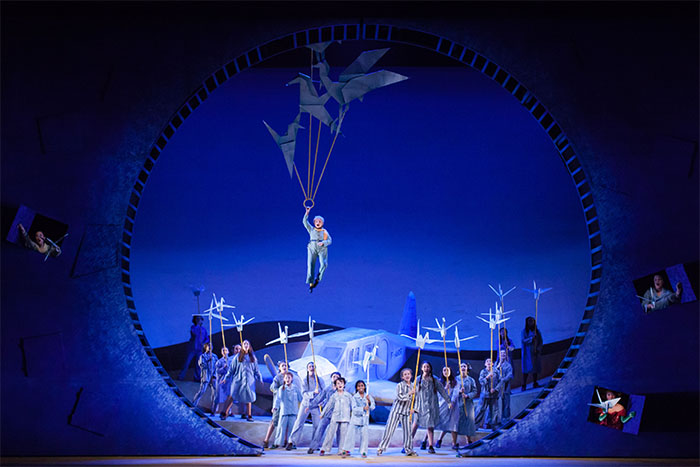
4 ⁄4
The cast of the Houston Grand Opera production of The Little Prince. Photo by Lynn Lane.
The season will open with Carmen (Oct. 17-26). Yes, Bizet’s tale of the fatally free-spirited gypsy is about as familiar as operas come. But this will be no ordinary production.
Unveiled in France in 2023 and slated for its U.S. premiere in Dallas, this Carmen recreates the staging, sets and costumes of the premiere in 1875. Researchers have based all this on drawings and other materials—even diagrams of the characters’ positions onstage at key points—dating back to that first run. (The research center behind the project, Venice-based Palazzetto Bru Zane, has a documentary video and other information on its website.)
The sets, for instance, employ the almost-forgotten—at least in the opera world—art of forced perspective, which creates the illusion of space and distance on two-dimensional drops. “It’s amazing how fresh and vibrant they look,” Derrer says.
Another performer new to Dallas, Albanian tenor Saimir Pirgu, will portray Carmen’s hot-tempered lover, Don José. Pirgu brings the role “a beautiful voice and a powerful voice—a wonderful combination,” Derrer says. Baritone Gihoon Kim, who played the villainous Scarpia in Tosca in Dallas in 2023, will return as the toreador Escamillo.
In Verdi’s Don Carlo, (Feb. 27-March 7, 2026) romantic entanglements play out against the backdrop of the Spanish Inquisition and power struggles between crown and church. Not surprisingly, the characters’ machinations yield a grand-scale score on a par with Aida’s. Beyond the sonic spectacle of the auto-da-fé, the riches include eloquent arias, electrifying ensembles and a couple of stirring duets for the title character, a Spanish prince, and his best friend—all the above bursting with melody.
“It’s one of my favorite operas,” Derrer says. “It’s been on our wish list for quite some time, between Emanuel and myself.” Plans for a semi-staged production in 2020 fell victim to the pandemic, but the company has regrouped with a fully staged new production featuring extensive video projections, Derrer says. Performances will feature the four-act version that exists alongside Verdi’s original five-act epic.
Soprano Nicole Car and baritone Etienne Dupuis—who starred in the Dallas Symphony’s 2022 performances of Tchaikovsky’s Eugene Onegin—will return to the city as, respectively, Elisabetta, Don Carlo’s beloved, and Rodrigo, Don Carlo’s best friend. Car’s voice “keeps getting more burnished” with time, Derrer says, and Dupuis brings Verdi “a beautiful, mahogany-rich baritone.”
Rounding out the season, the annual Titus Family Recital (Feb. 1, 2026) will feature coloratura soprano Erin Morley. Derrer calls her “an amazing artist. Everything she sings is so refined.” Her Dallas program will tie in with her new recording, Rose in Bloom, which has been hailed by a reviewer for The Guardian.
“Erin Morley walks straight up into the front rank of high coloratura sopranos with her debut solo recording,” writes Erica Jeal. “The songs are all connected to flowers and gardens, and many also reference birdsong, which fits her perfectly: what’s most striking is her seemingly artless precision, however stratospherically high they take her voice.”
—STEVEN BROWN

